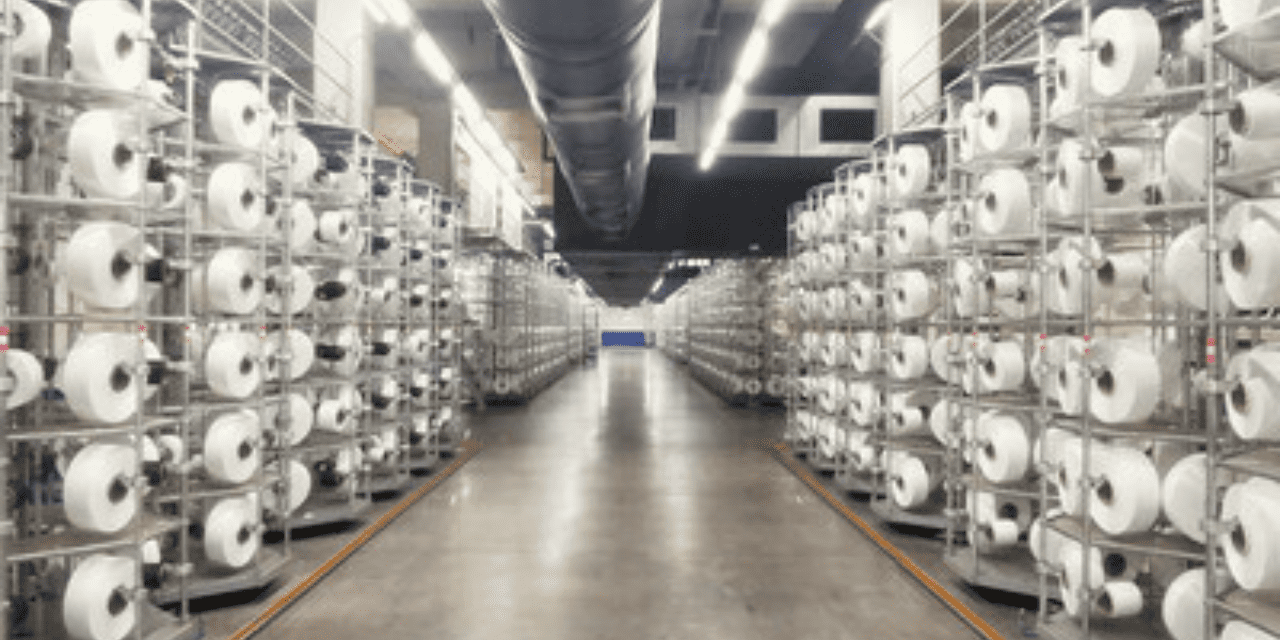Shinkong Synthetic Fibres Corporation and Ambercycle, a pioneer in circular materials, are thrilled to announce a strategic alliance to enable circularity in garments. In order to meet the industry’s growing demand, the partnership intends to quicken the manufacturing of high-quality performance yarns using Ambercycle’s recycled cycora® material. By lowering emissions, reducing dependency on virgin resources, and keeping end-of-life textiles out of landfills, textile-to-textile regenerated materials will significantly increase the sustainability of garment supply chains.
Since 2021, Shinkong Synthetics and Ambercycle have collaborated closely to design and produce high-performance yarns that feature cycora® material. “Ambercycle’s product quality is among the top recycled polyesters created from textile waste that is intended for landfills that are now on the market or in the research and development stage worldwide. We can create performanceSam Hu, Division General Manager of Shinkong Synthetics, stated that speciality yarn goods manufactured with cycora® are unable to be made with other materials. Both Shinkong Synthetics and Ambercycle are steadfastly committed to attaining genuine circularity in the apparel industry.
This alliance is well positioned to quickly expand the production of regenerated filament yarn by combining the world-class manufacturing capabilities of Shinkong Synthetics with Ambercycle’s expertise in molecular regeneration technology. In accordance with a signed memorandum of understanding (MoU), both parties are investigating the development and operation of a manufacturing plant on a commercial scale.
Shinkong’s ambition to improve their sustainable solutions by implementing cycora® coincides perfectly with Ambercycle’s focus on developing unique circular products, according to Shay Sethi, co-founder and CEO of Ambercycle. regenerated polyester. We are moving quickly to scale our production capabilities, and thus make circular materials available and accessible as soon as possible.”
Currently less than 1% of all end-of-life textiles are recycled via closed-loop systems. Replacing virgin inputs with textile-to-textile regenerated materials is one of the most impactful actions the apparel industry can take towards decarbonizing its supply chain. Commercial-scale production resulting from this partnership will enable brands and manufacturers to seamlessly integrate and commercialize circular materials within their existing supply chains. The collaboration signifies a momentous step toward the industry’s transition to a future where circular products become the norm.

